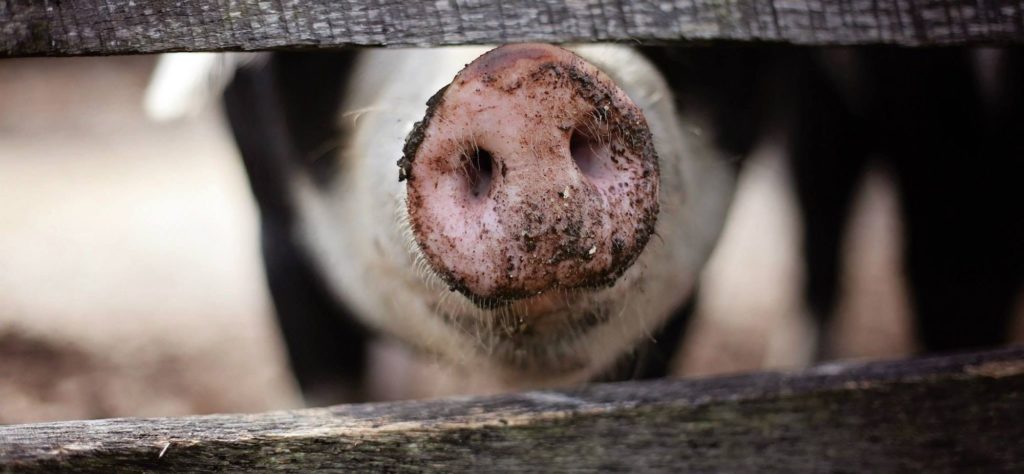Antibiotics, also known as antimicrobial drugs, are medicines that inhibit or delay bacterial growth and cure infections in humans, animals and sometimes even plants. However, if antibiotics are used inappropriately or in excessive amounts, bacteria can get accustomed to them, mutate and eventually become resistant to the antimicrobial treatment.
While the direct effects on human health has received considerable attention, the problems antimicrobial resistance (AMR) generates in our food systems require greater recognition and action. Antibiotics are routinely used in livestock production to prevent infections and to promote growth of healthy animals, entering the food system and, if overused, triggering antimicrobial resistance in humans. If AMR continues to spread then, eventually, we will not be able to rely on antibiotics, which could put modern human and animal healthcare in ruins.
Sweden has a long history of developed methods for productive and healthy animal breeding, without an overuse of antibiotics. Since 1986 Swedish farmers have not been using antibiotics for animal growth but only to cure animals, resulting in the lowest use of antibiotics in the EU.
Based on long-dated proven experiences, research and medicine in Swedish animal health and livestock production, SIANI convened and mobilized actors from the Swedish resource base, raising awareness nationally and internationally, and helped to move AMR higher on the decision-making agenda.
”As a facilitator SIANI managed to create networks, bringing together the Swedish actors working with AMR within animal husbandry and those working with AMR within human health, which helped to develop a joint vision and better understanding of the One Health approach,” says Ola Möller, former Sida’s Senior Policy Expert on Rural Development and Food Security.
SIANI was first to bring the issue of AMR to the spotlight at the World Water Week in 2016, after which the former Swedish Minister of Environment, Karolina Skog, and the Swedish Crown Princess Victoria, requested to attend SIANI’s event on AMR at the World Water Week the following year.
“SIANI was groundbreaking and amongst the first to speak with Swedish stakeholders about antimicrobial resistance in agriculture of low- and middle-income countries. This increased the understanding that producers should receive support to change their antimicrobial inputs, rather than only imposing restrictions,” says Gunilla Eklund, Deputy Director for the Swedish Ministry for Enterprise and Innovation, former Antimicrobial Resistance Expert at the FAO.
The issue of AMR was also highlighted at a SIANI event during Almedalen, the Swedish political week, in 2016. During this event Charlotte Petri Gornitzka, former general director at Sida, stated that even though Sida had several initiatives connected to AMR, the issue of antimicrobials and animal welfare was not a high priority on Sida’s agenda at the time. The following year Sida organized a Development Talk about AMR to which SIANI contributed by strengthening the focus on animal husbandry. The Swedish Government also decided to include animal health in their global work on AMR.
”SIANI was my main support when working to raise the importance of AMR in animal husbandry on Sida’s agenda. Meanwhile, in the Swedish FAO Committee, with the help of SIANI, I managed to strengthen the importance of this issue in the Swedish global perspectives,” says Möller.
